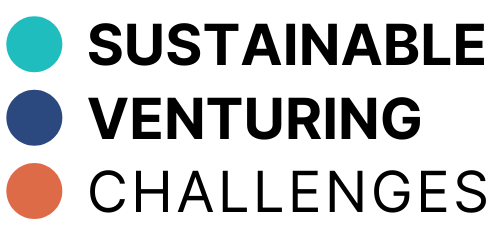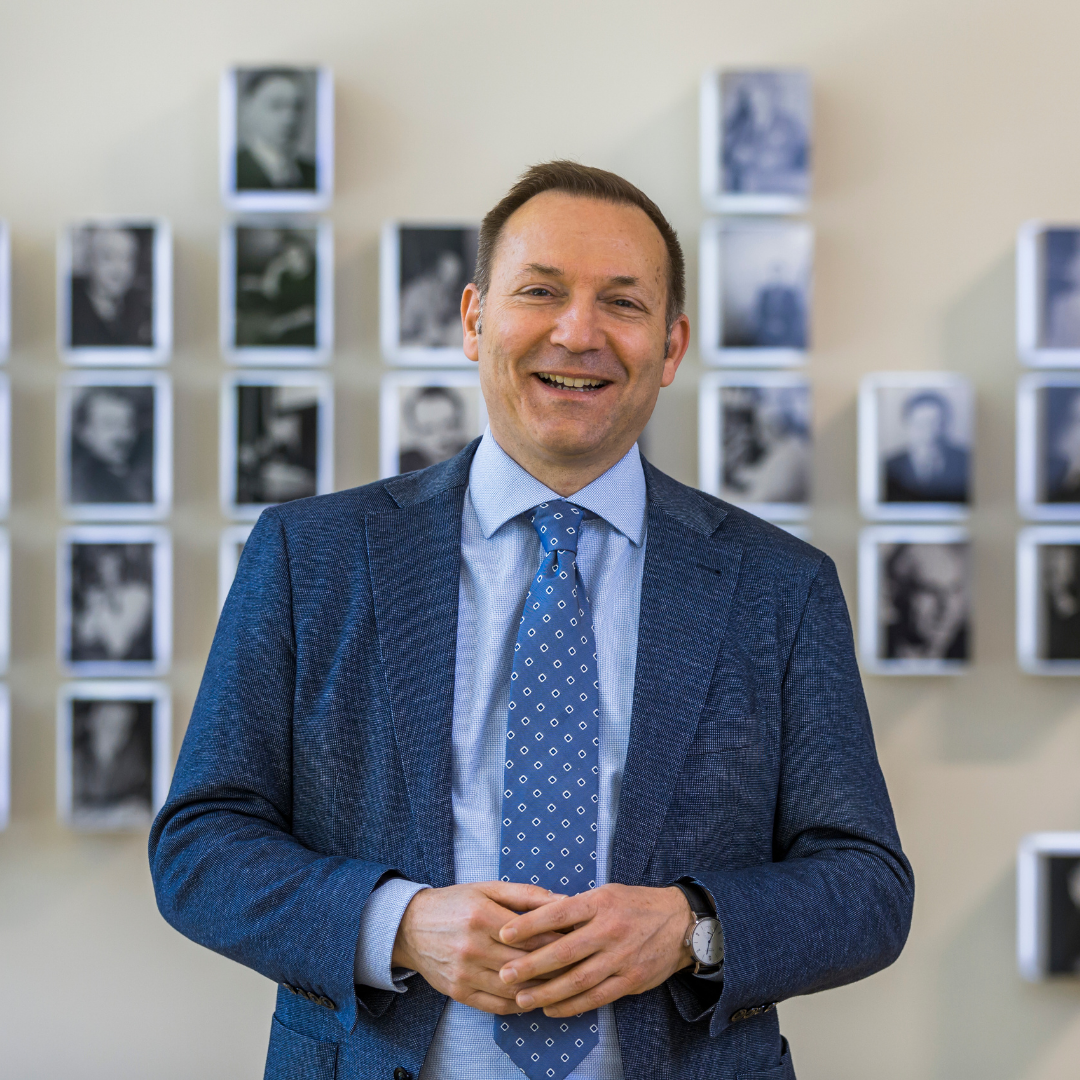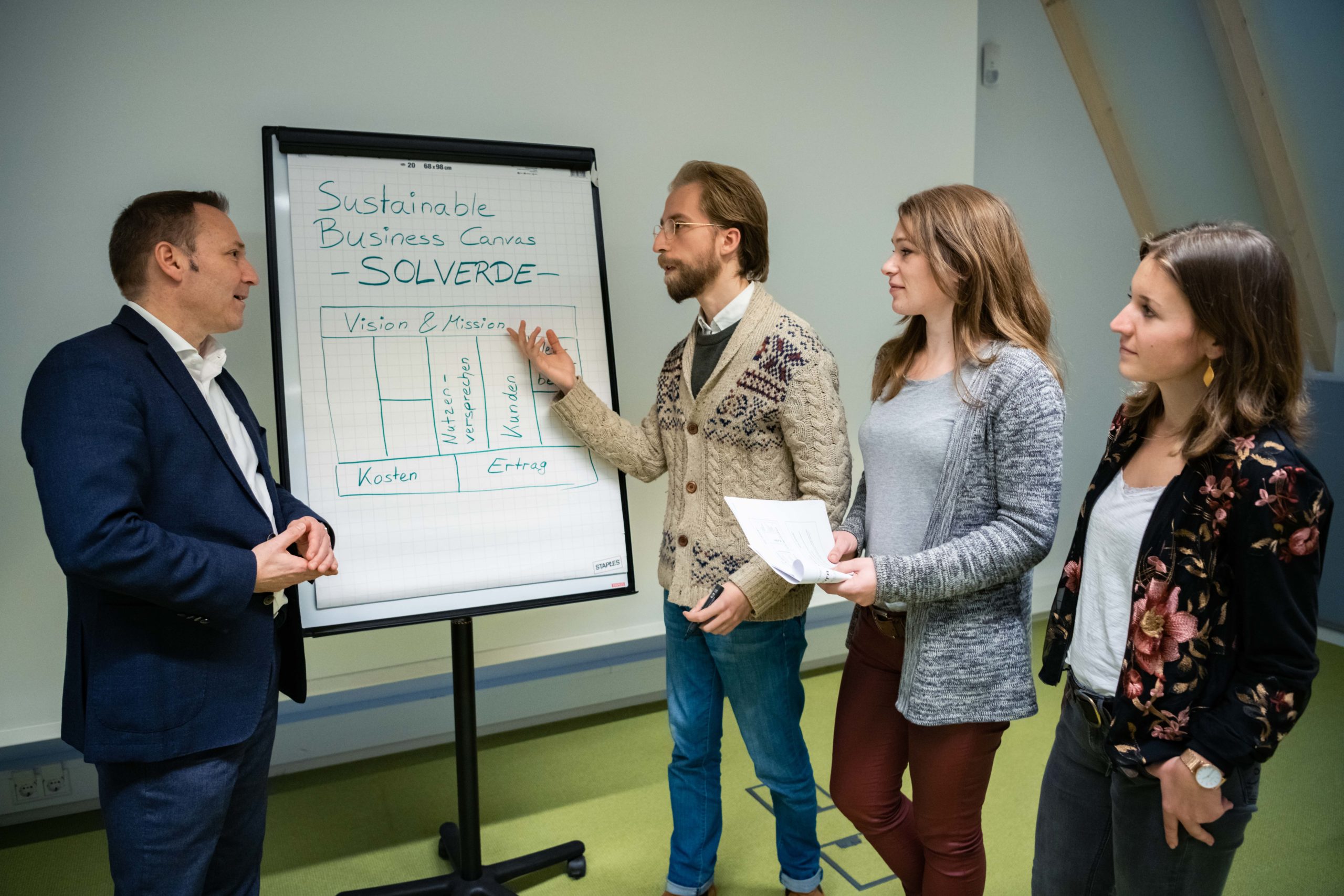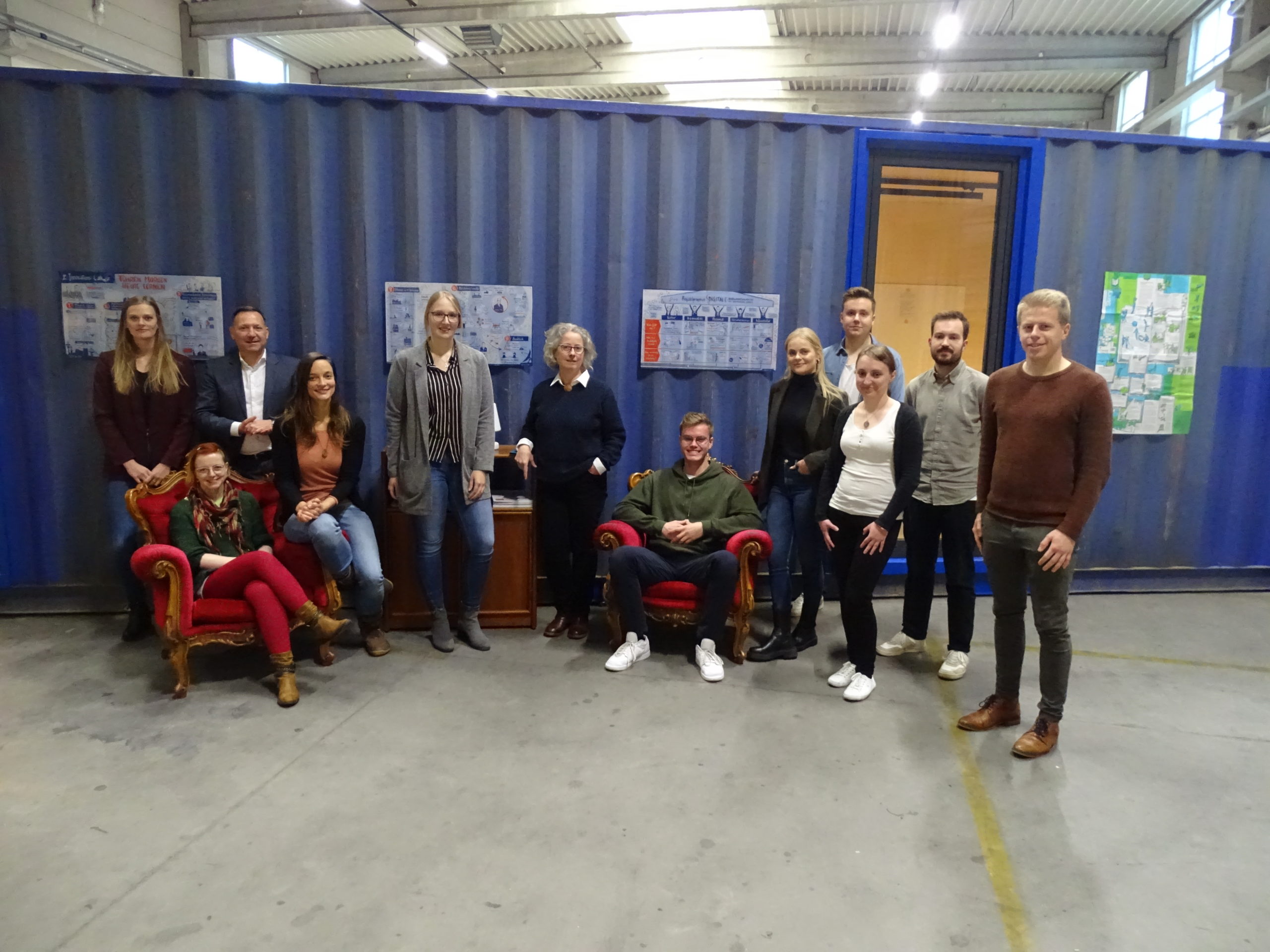“To master the grand challenges of the future, we need specialists who learn how to tackle sustainability challenges as early as their studies”: Prof Dr Klaus Fichter, University of Oldenburg
Prof Dr Klaus Fichter is Professor of Innovation Management and Sustainability at the Department for Economics, Management and Law at Carl von Ossietzky University Oldenburg in Germany. He is the academic director of the Master’s programme in Innovation Management & Entrepreneurship and is responsible for the study field “Eco-Entrepreneurship” in the Master’s programme in Sustainability Economics and Management. The innovative challenge-based study module “Sustainable Venturing”, which was largely developed by Professor Klaus Fichter, received the prestigious Hans Sauer Award in the category “Promoting Environmental Innovation”. We spoke to Klaus Fichter about his experience in developing and carrying out challenge-based learning formats in sustainable venturing.
Why did you decide to include a challenge-based learning format in your curriculum?
Prof Dr Klaus Fichter: In order to master the grand challenges of the future, such as climate change, we need specialists and managers who learn how to tackle sustainability challenges and develop sustainable business models as early as their studies. Challenge-based learning is a perfect basic concept for this.
What has your experience been like?
Prof Dr Klaus Fichter: We have been offering the “Sustainable Venturing” module at the University of Oldenburg for master’s students from various disciplines since 2009. Here, students work in small groups of 3 or 4 on sustainability challenges that are to be solved by means of innovative products or services. In developing sustainable business models for these challenges, students work closely with business partners such as founding teams, start-ups and established companies.
The experience is fantastic: students are excited to develop innovative solutions and business models for real-world problems. We see strong competence improvements among the students here within a short period of time. But the business partners are also enthusiastic, because they get new perspectives, new ideas and implementation-oriented business models developed by committed students. The practical benefits for the practice partners are high.
As academic staff, what exactly is your role in challenge-based learning?
Prof Dr Klaus Fichter: First, we are the initiators for various teaching and transfer formats for challenge-based learning. When implementing modules such as “Sustainable Venturing”, we select suitable business partners in advance who either already have an innovative sustainability solution that should be developed further, or who formulate a concrete sustainability challenge from their industry that can be well addressed by students within three to four months. The selection of suitable practice partners and good expectation management (what does a business partner have to contribute in terms of time and supervision, what concrete results can they expect, etc.) are key success factors for teaching formats of challenge-based learning. During the module, the academic staff provides technical input (e.g. how to develop a sustainable business model) and coaches the student teams. The teaching personnel is first and foremost a learning facilitator and the ones who set the right framework.
How do you facilitate your students’ learning and development processes during challenges?
Prof Dr Klaus Fichter: We provide methods and tools for the development of sustainable innovative solutions and business models, coach the student teams and provide learning frameworks and digital learning platforms. Furthermore, we organize effective forms of interaction and cooperation between students and business partners.
“A key success factor is expectation management. All participants must know in advance what is expected of them, what they must contribute in terms of time and workload, and what the rules of the game are for cooperation.” – Professor Klaus Fichter
In your view, what are the advantages of taking up challenge-based learning formats in comparison to research-, problem- or project-based learning?
Prof Dr Klaus Fichter: Challenge-based learning comprises elements of problem-based and project-based learning, but goes one step further: it formulates a concrete task from practice for which students need to develop an innovative solution that can be implemented in the real world. We require this solution to be sustainable, i.e. contribute to the United Nations Sustainable Development Goals.
How to best ensure successful university-business collaboration in sustainable venturing challenges?
Prof Dr Klaus Fichter: It needs suitable practice partners who are interested in innovation, sustainability and the implementation of the solutions developed in collaboration with the students. A key success factor is expectation management. All participants must know in advance what is expected of them, what they must contribute in terms of time and workload, and what the rules of the game are for cooperation. This may also include confidentiality agreements, because the projects are often competition-relevant. Furthermore, all participants have to learn how to deal with the basic characteristics of challenge-based learning, namely VUCA. VUCA stands for volatility, uncertainty, complexity and ambiguity.
How relevant for the future is challenge-based learning and cooperation between universities and companies, in your opinion?
Prof Dr Klaus Fichter: It is fundamentally important. While challenge-based learning was hardly a component of bachelor and master programmes in the past, this form of learning and competence development will play a central role in the future. For example, in management programmes, it will account for a quarter to half of the degree programme.
Would you recommend other university staff to take up challenge-based learning into their curricula, and if so, why?
Prof Dr Klaus Fichter: Yes, absolutely, but one should be aware that this form of teaching requires different prerequisites and skills on the part of the teaching personnel. It requires the willingness to cooperate with practice partners, to take on the role of a learning coach instead of frontal teaching, a good expertise in application-oriented methods and tools, and the willingness to engage with VUCA.

powered by ScaleUp4Sustainability
Carl von Ossietzky University of Oldenburg
Department of Business Administration, Economics and Law
Adj. Prof. Innovation Management and Sustainability
Ammerländer Heerstr. 114-118, 26129 Oldenburg, Germany
Legal notice and data protection

The platform was created as part of the ScaleUp4Sustainability project. ScaleUp4Sustainability (Project Reference: 601150-EPP-1-2018-1-DE-EPPKA2-KA) is funded by the Erasmus+/Knowledge Alliance Programme of the European Union.



